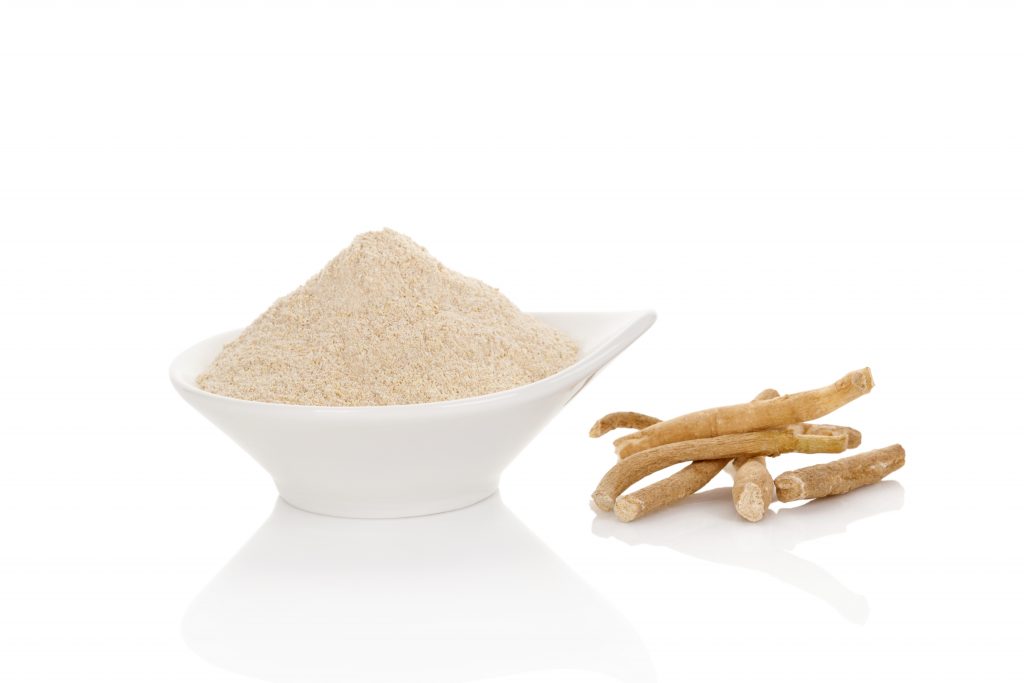
What You Need To Know About Ashwagandha
- Origin: Ashwagandha (Withania somnifera) is a tropical / sub-tropical plant that has been used for thousands of years in Ayurveda medicine.
- Form: The root of the ashwagandha, usually in some powdered state.
- Potential Health Benefits and Uses
- Anxiety
- Stamina
- Prevent stress-induced ulcers
- Cognition Promoting Effect
- Among others
- Side Effects & Interactions: Always consult with a licensed healthcare provider.
- Research:
What You Might Want To Know About Ashwagandha Root
What Benefits Might I Get From Ashwagandha?
For some readers, health benefits come from nurturing and gardening. Though tropical / sub-tropical the ashwagandha plant can grow in other regions.
For those blessed with a green thumb, growing an ashwagandha plant from seed may be just the call they need.
Harvesting and grinding your own ashwagandha roots will let you experience first-hand the interaction with Nature.
Anxiety
The modern Western lifestyle produces so much stress. Many of our chronic illnesses start from that stress. Ashwagandha root has been used for thousands of years to address this very ailment. Modern research has investigated the adaptogenic / anti-stress effect in animal studies. Those studies support the use of ashwagandha for anxiety.
Stamina
The literal translation of ashwagandha is “horse sweat”. Some argue it is due to the root’s smell. Others argue it is because ashwagandha increases stamina and vitality, like that of a stallion. One definitely sounds more appealing than the other!
One study found, “A 500 mg dose of an aqueous extract of Ashwagandha improves upper and lower-body strength, supports a favorable distribution of body mass, and was well tolerated clinically in recreationally active men over a 12-week resistance training and supplementation period.”
Prevent Stress-Induced Ulcers
Research on rats has shown that ashwagandha improves ulcers by inhibiting release of gastric (hydrochloric) acid.
Cognitive Promoting Effect
Ashwagandha root benefits memory in many ways. Often used with children who have deficient memory or those who suffer head injury, ashwagandha “slows, stops, reverses, or removes neuritic atrophy and synaptic loss”. This is, of course, a great benefit for those recovering from such trauma.
Other Benefits
- neurodegenerative diseases such as Parkinson’s, Huntington’s and Alzeimer’s diseases
- improving energy levels and mitochondrial health,
- anti-inflammatory and anti-arthritic agent
A 500 mg dose of an aqueous extract of Ashwagandha improves upper and lower-body strength, supports a favorable distribution of body mass, and was well tolerated clinically in recreationally active men over a 12-week resistance training and supplementation period.
Effects of an Aqueous Extract of Withania somnifera on Strength Training Adaptations and Recovery: The STAR Trial Tweet
Additional Information & References
You are in charge of your health. Doing a little extra research will not only let you make better decisions but also empower YOU with knowledge. To help you learn more about Ashwagandha let HealthCare Too start you with some links:
Ashwagandha Products
When you are ready, here are some products that may help you experience some of ashwagandha root’s health benefits for your own health and household.
Ashwagandha Products for Pets
And don’t forget that our non-human loved ones who might also enjoy the benefits of ashwagandha.
